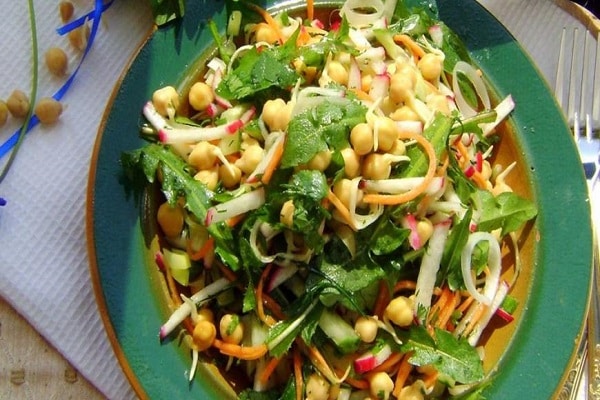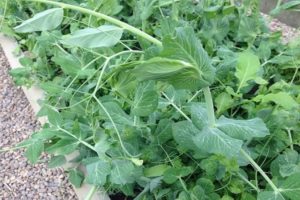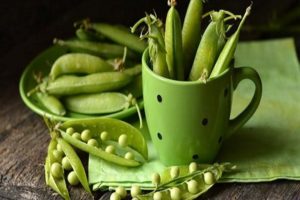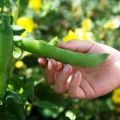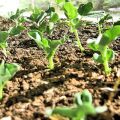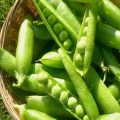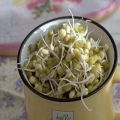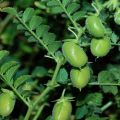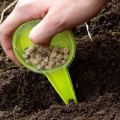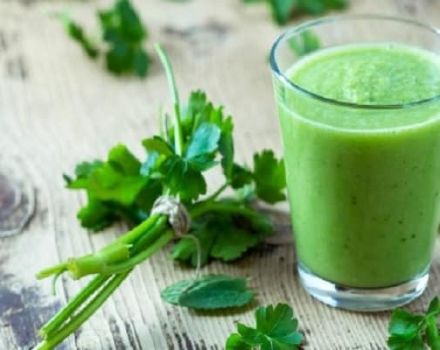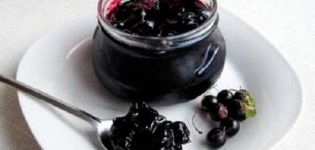How can you quickly germinate pea seeds at home, its benefits and harms
Germinated grains and seeds contain a large amount of vitamins and minerals and become an excellent choice for a healthy, nutritious diet. For germination, various crops of grain and leguminous plants are taken: wheat, oats, rye, barley, corn, buckwheat, lentils, chickpeas, peanuts, mung bean, pumpkin and sunflower seeds. Among them, peas stand out for health benefits and a pleasant taste. How to sprout peas and energize the body at the cellular level?
Sprouted peas: benefits and harms
The composition of peas makes it one of the healthiest foods for humans. By eating sprouted peas, a person experiences such healing effects as:
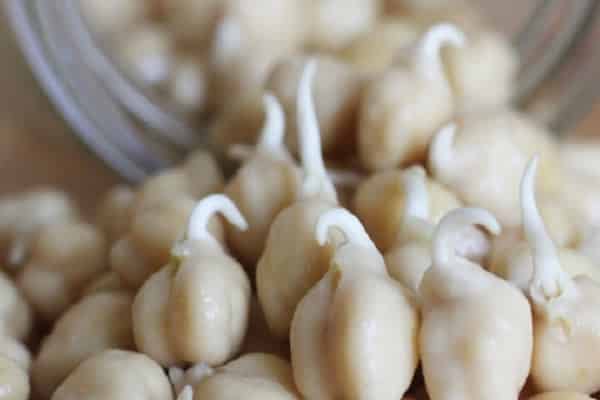
- removal of toxic substances from the body, its purification from toxins;
- restoration of normal intestinal microflora, suppression of putrefactive processes in it;
- rejuvenating effect on the body due to the elimination of free radicals that damage cells;
- lowering blood sugar levels;
- prevention of anemia and cardiovascular diseases;
- reducing the amount of cholesterol.
Dishes from pea grain, natural products that have it in their composition, saturate the body with such important elements as potassium, calcium, magnesium, phosphorus, iron; trace elements zinc, manganese and selenium; amino acids and vitamins.
It is not difficult to germinate peas, but the effect of its use can be seen within 2 weeks.
Sprouted peas: benefits for children
The use of pea seedlings for baby food is to saturate the body with nutrients, proteins and vitamins, plant fiber to eliminate constipation and dysbiosis. The child's age and health should be considered when consulting a pediatrician regarding the introduction of germinated seeds into the diet.
The content of vitamins C, A, D, K and group B in seedlings is several times higher than in vegetables and fruits, and yet some doctors advise limiting the use of seedlings to 12 years.

What are the benefits of sprouted peas for raw foodists?
With a complete rejection of animal food, pea sprouts are beneficial for the body, since during germination, proteins are converted into amino acids necessary for all cells of the body. Fats are converted to fatty acids and starch to malt sugar, making the digestive tract easier to work with.
A person who has switched to a raw food diet, sprout peas at home - to provide themselves with complete proteins.The energy level of cells and the whole organism rises.
The beneficial properties of sprouts for raw foodists will restore the functioning of the gastrointestinal tract, eliminate constipation, strengthen the immune system and increase efficiency.
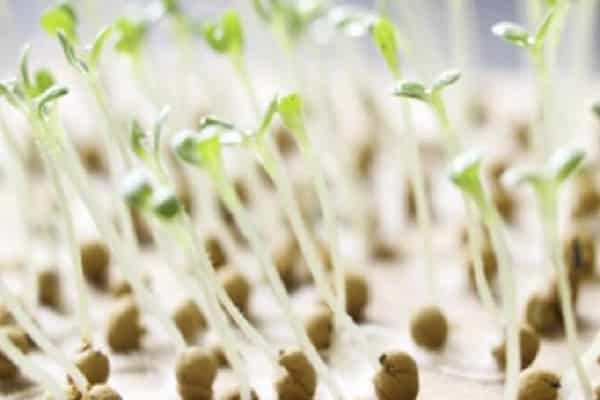
Sprouted peas: benefits for men and women
Pea sprouts, like other germinated seeds, are a living, highly nutritious food for humans. Unlike others, this legume has a composition that contains:
- inulin - plant-based insulin that lowers blood sugar;
- amino acids - a building material for all tissues and organs of the body;
- substances that have antitumor activity;
- fiber that cleans the intestines from slag blockages and nourishes beneficial microflora.
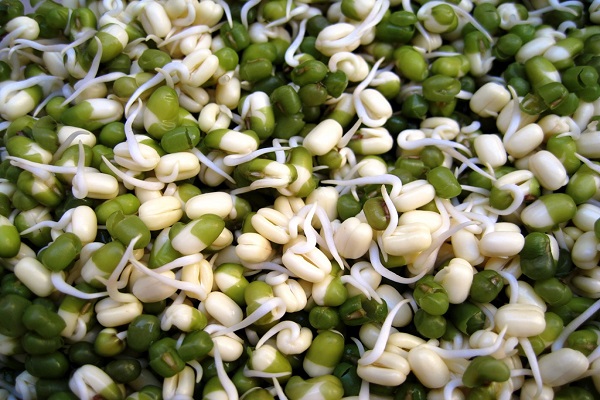
Thanks to these components, women will experience a rejuvenating effect, improving the condition of the skin, hair, nails. Men, using these sprouts, will heal the prostate gland and the genitourinary system, normalize blood cholesterol levels and blood pressure.
Harm to health, contraindications
Sprouted peas - both benefits and harms, if you do not take into account the effect of the product in certain diseases. You need to know when such a product cannot be used:
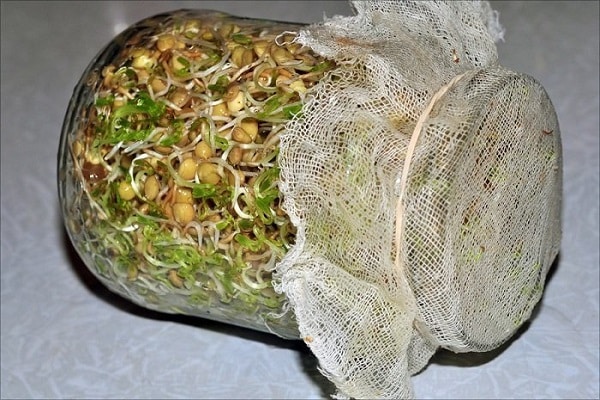
- It is not recommended to eat bean sprouts for acute gastritis, nephritis and inflammation of the large intestine (colitis).
- Purine compounds, which are rich in pea sprouts, are harmful to health in case of gout and urolithiasis.
- Fiber of seedlings during an exacerbation of peptic ulcer disease will cause deterioration in health, and its use during this period is contraindicated.
- Pains are possible due to increased gas production when using germinated pea seeds, especially in combination with dairy products.
Calorie content and nutritional value
The calorie content of 100 g of peas is 124 kcal, and the fat in it is only 0.7 g, while the content of vitamins of group B, A, PP covers from 10 to 15% of the daily requirement for them. The nutritional value is represented by carbohydrates - 27 g and proteins - 9 g. Since the daily intake does not exceed 100 g, some of the products can be replaced with such a useful supplement. It remains to master the home sprouting of peas and properly prepare the seeds for this procedure.
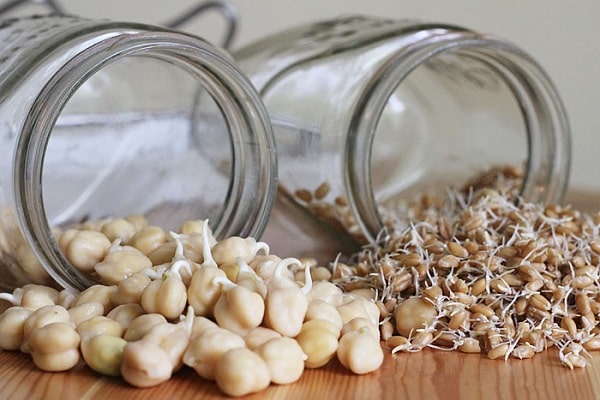
How to sprout peas for food: instructions
Purchase a quality product from a supermarket or specialty store. Rinse the grains and hold for 3-5 minutes in a pale pink solution of potassium permanganate. Rinse thoroughly again. Remove the floating, uneven peas.
There is a simple and reliable germination algorithm:
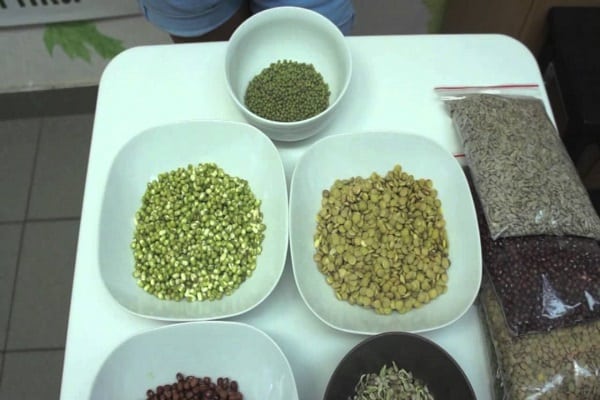
- Start by using whole yellow or green peas, clean cheesecloth, and a deep dish or plate. Leave the washed seeds in a bowl of water for several hours, or overnight.
- Rinse the seeds under running water and transfer to a shallow dish or plate on a damp gauze (thin cotton cloth). From above, the cloth is placed on a saucer and well moistened with clean drinking water.
- Keep the cloth or gauze damp, but do not have a lot of water, otherwise the seeds will rot. Do not expose seeds to direct sunlight.
- After about 15-18 hours the length of the sprouting peas will be 1-3 mm, and within a day it will grow up to 1.5 cm. The maximum benefit will be from the use of sprouts 2-3 mm long.
- Now the seeds with white sprouts should be rinsed well and can be eaten.
- Do not make sprouts in reserve; you can store them in the refrigerator for no more than 5 days. Rinse thoroughly with clean water every morning.
If you wish, you can plant peas in open ground and harvest sweet green peas.
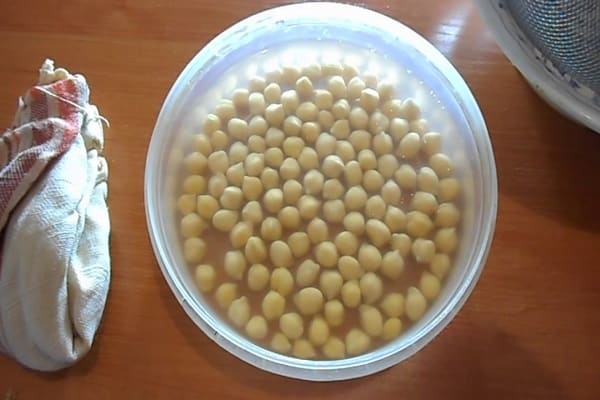
Sprouted Peas: Uses for Healthy Foods
Ready sprouted peas can be eaten in several ways, choose the most acceptable and tasty option for yourself:
- Eat sprouted grains raw for breakfast without mixing with anything else. You need to start with 1-2 tsp, gradually bringing the number of grains to 60-70 g.
- Add sprouts to other dishes, such as vegetable salads. You can add them to the composition of broths, sandwiches, seasonings.
- You can grind the seeds in a blender and cook hearty and healthy cereals on this basis.
- Make loaves from germinated grains dried in a dehydrator.
- Juice the sprouts. For this, either the grains themselves are used, or sprouts - long green sprouts.
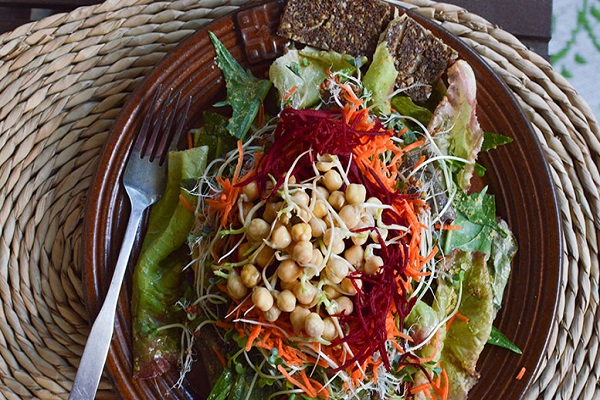
The sprouts have an excellent taste, resembling fresh green peas, so they are used both as a main snack and as a vitamin supplement in other dishes. The main thing is to choose the right use option for yourself. The main recommendation is not to combine pea sprouts with dairy products in the same meal to avoid possible flatulence and colic.
Sprouted peas for weight loss
Pea sprouts are a suitable food for those who are losing weight, as they provide the necessary energy and nutrients, vitamins and trace elements in an easily digestible form with a minimum of fat. Carbohydrates and fiber will give a feeling of satiety, dietary fiber will get rid of toxins and toxins accumulated in the intestines. Growing peas at home, as well as other germinated seeds, you can provide yourself and your family with organic food that will saturate you all year round, regardless of the season.
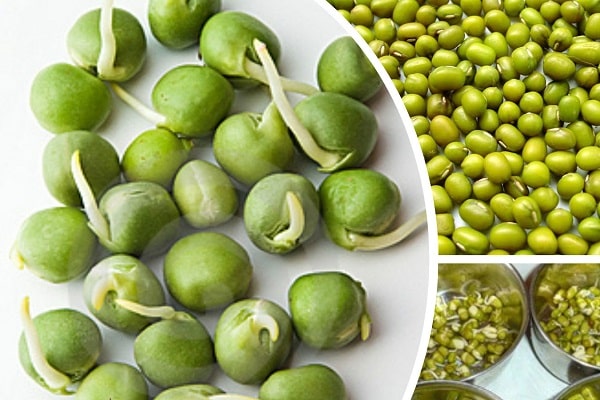
Sprouts are widely used in cooking for those looking to lose weight and feel good. Salads, sprout mixes, microgreens, bread and cereals from sprouted grains will create a tasty and complete diet. Germinating peas for a diet is not difficult even for beginners.
Sprouted peas salad
To enjoy tasty and healthy food, you need to quickly germinate pea seeds and prepare a vegetable salad with them. It can be mixed with different vegetables, cheese, meats and herbs. In the summer, you can make a salad with cucumbers, tomatoes, feta cheese, leafy greens and sprouted three-day-old peas. Season with salt, pepper, add a little olive oil. Also, for a salad with peas, a variety of oils can be used in cooking: sunflower, linseed, etc.
